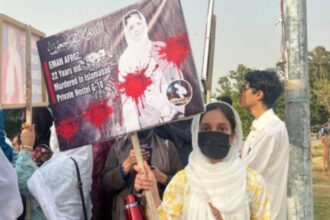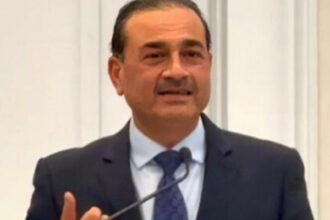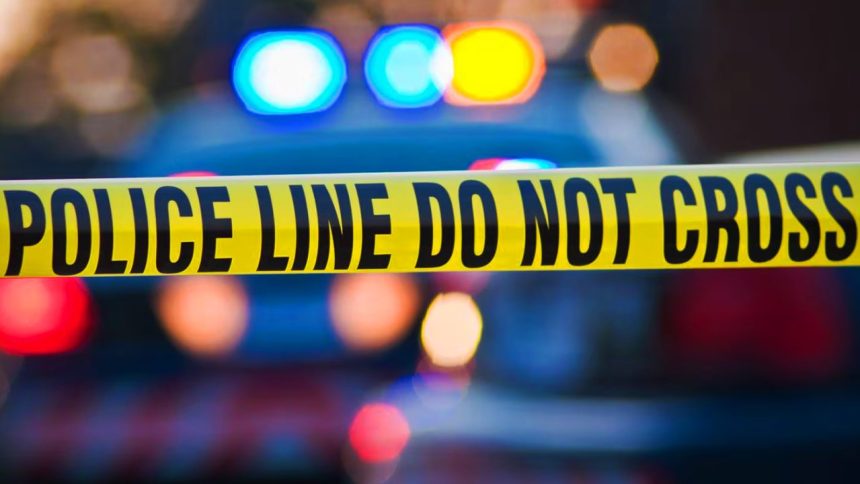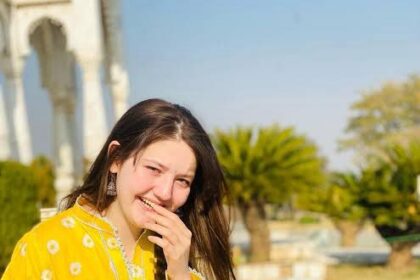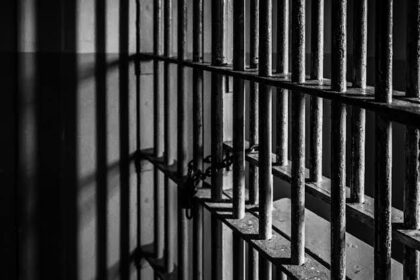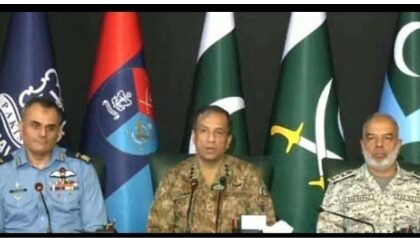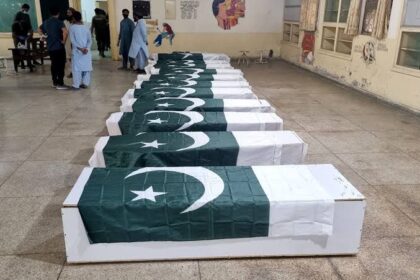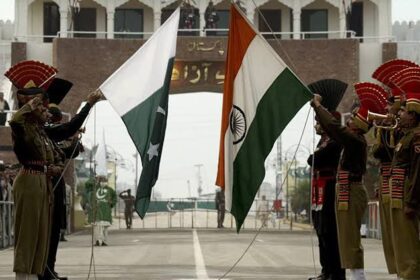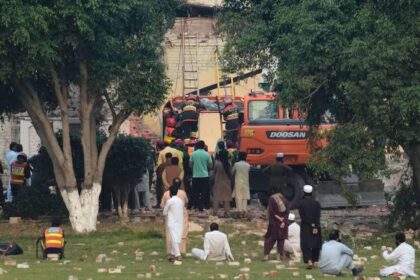More than 50 civilians and law enforcers died in a series of attacks in parts of Balochistan in one of the deadliest escalations of violence the province has witnessed in recent years.
As many as 21 terrorists were also neutralized by the security forces during retaliatory operations. The bloodshed began in the wee hours of Monday in Musakhel district, where more than 30 terrorists stopped vehicles on the highway in Rarasham area.
The passengers were forced out of buses, trucks and vans. After verifying their identities, the terrorists shot and killed 23 of them, mostly migrant workers from Punjab. The attackers then set fire to 23 vehicles, leaving behind a scene of devastation.
This was the second incident of a similar nature this year, as an earlier in April saw nine people getting shot and killed after being forced off a bus in Noshki. However, the scale of violence in this attack was much higher.
Hours after Monday’s massacre, another attack targeted a police station in Kalat district, killing at least 10 officers. Further south in Bolan district, six more lives were lost, including four workers from Punjab. The militants also targeted key infrastructure, including railway lines in Mastung and highways in some other regions, cutting off parts of Balochistan from the rest of the country.
Moreover, grenade attacks were reported in some areas of the province, including Sibi, Mastung, Panjgur, Turbat and Quetta.
A banned group claimed responsibility for the attacks. In a statement, the group said that the attacks were aimed at security forces and those they view as ‘outsiders.’ The statement also claimed responsibility for an attack on a paramilitary base in Gwadar, involving four bombers. However, the authorities did not confirm the claims.
The Pakistan Army and law enforcement agencies responded to the attacks by launching retaliatory operations, and managed to kill 21 militants, besides injuring several others. The Inter-Services Public Relations (ISPR) said in a statement that 14 soldiers were also martyred in the clearance operations. The statement read that the operations would continue against the perpetrators, instigators and facilitators of such cowardly acts.
During a press conference, Balochistan Chief Minister Sarfraz Bugti vowed to intensify the intelligence-based operations to track down those responsible. He said that mobile data services could be curtailed in the region to disrupt militant communications.
In Islamabad, President Asif Ali Zardari, and Prime Minister Shehbaz Sharif condemned the attacks. In separate statements, they pledged that the government would bring those responsible to justice. Also, Khyber Pakhtunkhwa Chief Minister Ali Amin Gandapur announced that his government would give Rs1 million each to the families of the victims.
On the other hand, Interior Minister Mohsin Naqvi said the attackers should be called terrorists who martyred not Punjabis but Pakistanis. In separate posts on social media platform X, he vowed to unearth the facts and bring them forward with evidence. He said that he was in contact with the provincial government, and that effective steps were being taken to maintain peace in Balochistan.
In Lahore, the minister told journalists that the government was “well aware” of the perpetrators and their abettors, who would be treated and responded to like terrorists instead of dissidents.

